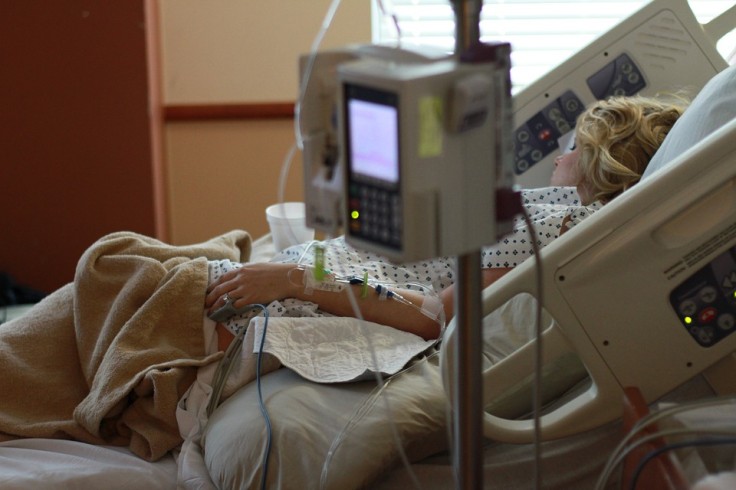
Many ICU admissions may have been prevented, potentially improving health care and decreasing overall healthcare costs. A new study published in the online journal Annals of the American Thoracic Society showed that prevention of ICU admissions can be achieved through improved healthcare services. Most patients end up in the ICU because they did not get the preventive care they needed.
In the paper entitled, "Potential Preventable Intensive Care Unit Admissions in the United States, 2006-1015," Gary E. Weissman, MD, MSHP and his co-authors looked into the records of over 16 million ICU admissions and they estimated that one for every six patients of ICU admissions could have been prevented. Weissman said the inspiration for his study was his patients. He advocated for their healthcare needs that's why he believed that if only they have gotten better preventive care, an ICU admission would not be needed.
"If my patients came in a few weeks before or could afford basic medical care services, their ICU admission would have been preventable," Weissman said.
There were three large data sources used in the study. Altogether, the data collected and used represented two-thirds of adults 64 and older and about 15 percent of the total US population. During the period of the study, there were 100 million hospital admissions, of which, 16.7 percent were recorded as ICU admissions.
The authors of the study acknowledged that there is no such thing as a "gold standard" as a definition of an ICU admission that could have been prevented. As a point of analysis, the researchers divided the patients into two groups, whose healthcare could have been better handled outside the ICU -- ambulatory care sensitive condition and life-limiting malignancy who may be nearing the end of their life.
Patients in the first group are those with chronic illnesses while those in the second have been diagnosed with cancer and are likely to die within a year. The researchers recognized that patients in the second group are the ones that need palliative care. They noted that patients in the first group could have prevented from being admitted in the ICU with timely care as an outpatient. Lifestyle diseases like diabetes, heart failure, lung disease, and other neurological disorders could have been prevented from getting worse if patients got the preventive medical help they needed.
The study also found the following facts during the course of evaluation:
There is a huge difference in the ICU admissions in the regional level.
The rate of ICU admissions based on the geographical level appears to be based on the number of beds available.
ICU admissions for ambulatory care conditions have decreased while those admissions due to life-limiting malignancies have increased significantly.
The authors of the study suggested that the findings be used to derive a strategy to properly address the potential increase in ICU admissions as the population ages. They emphasized that investments in preventive, outpatient and palliative services should be an important complementary to generating critical workforce.
© 2025 University Herald, All rights reserved. Do not reproduce without permission.








